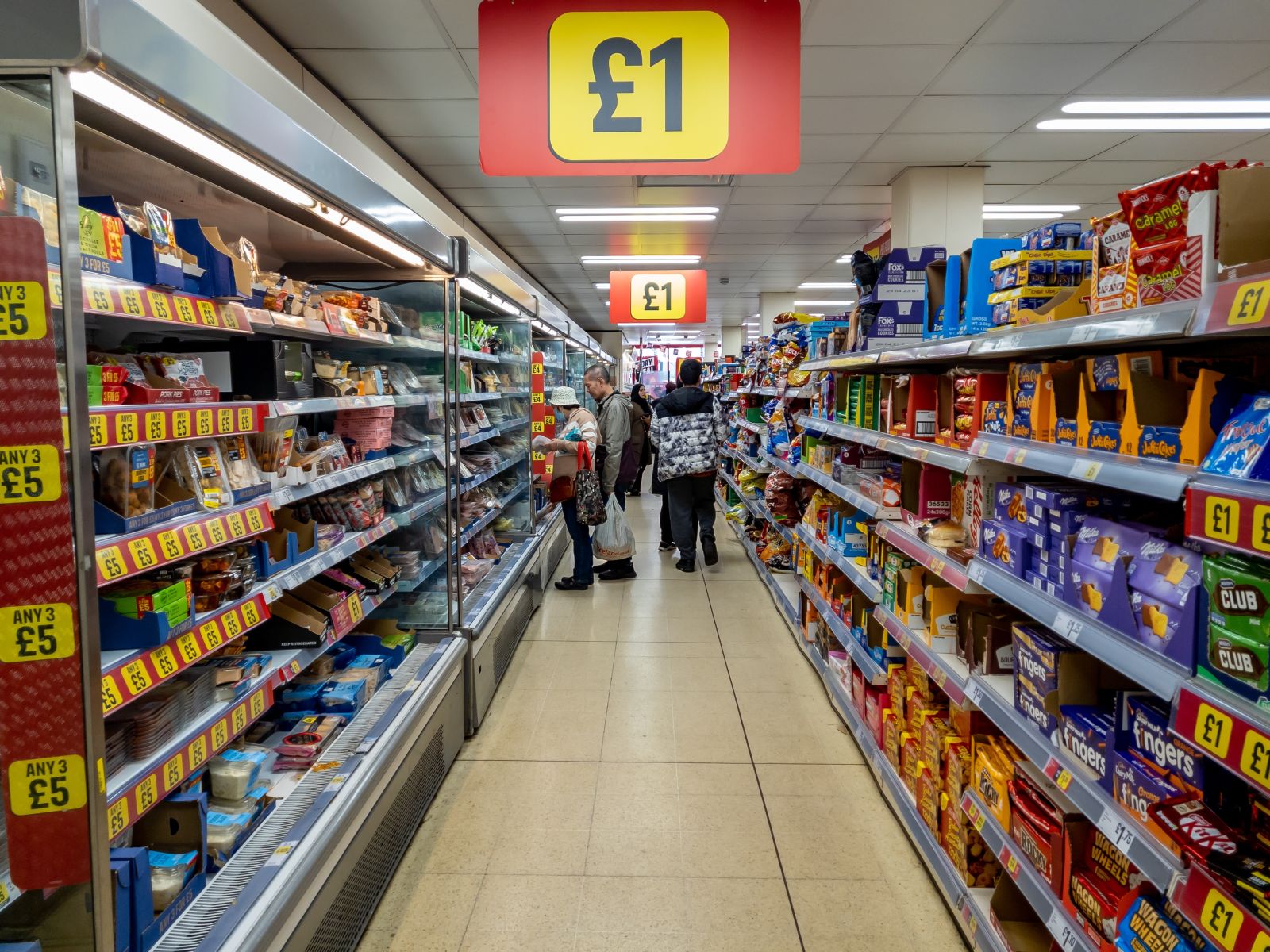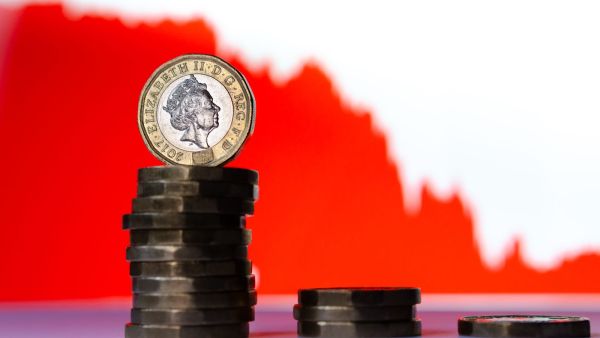ALBAWABA – Inflation hit the United Kingdom (UK) hard in May, as the shop price inflation index rose to 9 percent in May, compared to 8.8 percent in April, British Retail Consortium (BRC) said Tuesday.
According to Bloomberg, there are little to no signs that inflation is easing any time soon.
Brexit exacerbated the costs of living crisis in the UK, Bloomberg reported, adding to the pile of factors affecting shop price inflation.

Consumers are prioritizing their spending on essentials, such as food and energy, and are cutting back wherever possible, the New York-based news outlet said.
“To help mitigate the impact of inflation, shoppers are saving money by looking for seasonal promotions on the high street and taking advantage of the price reductions offered by supermarket loyalty schemes,” Mike Watkins told Bloomberg.
Watkins is the head of retailer and business insight at NielsenIQ.
Inflation across Britain remained higher than expected, and the rates of services and core prices inflation at the highest in over 30 years.
In an attempt to curb inflation, the Bank of England may be raising interest rates, Bloomberg highlighted.
UK Chancellor of the Exchequer Jeremy Hunt said he’s in favor of higher rates to tackle inflation, even if it causes a recession, according to the news outlet.
In the meantime, food inflation decelerated to 15.4 percent in May, down from 15.7 percent in April, according to the BRC.
Lower energy and commodity costs meant lower prices on staples including butter, milk, fruit and fish, Bloomberg explained.
However, the Office for National Statistics put food price inflation at 19% last week, just shy of the highest rate in more than 45 years.







